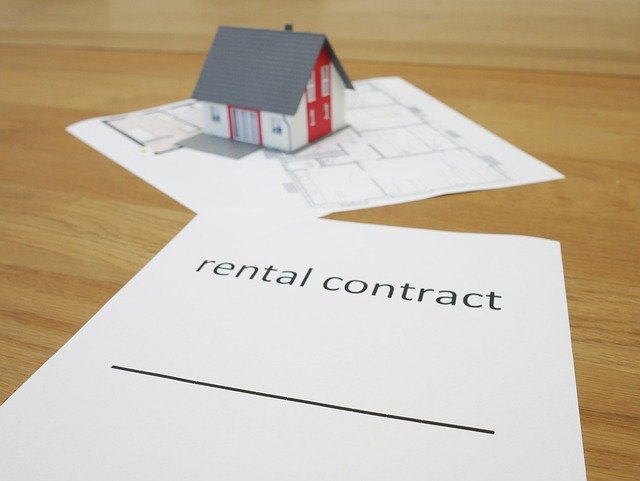I apologize for the confusion. You are correct that there were inconsistencies in the instructions regarding the target language. To clarify:
Rent to Own Homes: A Guide to Alternative Home Ownership Rent to own, also known as lease-to-own or lease-option, is an alternative path to homeownership. This arrangement allows potential buyers to rent a property for a specific time period, with the option to purchase it before the lease expires. During the rental period, a portion of the monthly payments typically goes towards the eventual purchase of the home.

How Rent to Own Works
In a rent to own agreement, the tenant and property owner establish a contract that outlines the terms of the arrangement. This usually includes the length of the lease, the agreed-upon purchase price, and how much of the monthly rent will be credited towards the down payment. The tenant often pays an option fee upfront, which may be applied to the purchase price if they decide to buy.
Benefits of Rent to Own
Rent to own arrangements can offer several advantages for prospective homebuyers. They provide time to improve credit scores, save for a larger down payment, and get to know the neighbourhood before committing to a purchase. For those who may not qualify for a traditional mortgage immediately, rent to own can be a stepping stone to homeownership.
Potential Risks and Considerations
While rent to own can be appealing, it’s important to understand the potential drawbacks. The purchase price is often set at the beginning of the agreement, which could be disadvantageous if property values decline. Additionally, if the tenant decides not to purchase or cannot secure financing by the end of the lease, they may lose their option fee and any extra rent paid towards the purchase.
Legal Aspects of Rent to Own Agreements
Rent to own contracts can be complex, and it’s crucial to have a clear understanding of all terms and conditions. Key elements to look for include the option fee amount, the portion of rent that will be credited towards the purchase, and any maintenance responsibilities during the rental period. It’s highly recommended to have a legal professional review the agreement before signing.
Comparing Rent to Own with Traditional Buying
| Aspect | Rent to Own | Traditional Buying |
|---|---|---|
| Initial Costs | Option fee, monthly rent | Down payment, closing costs |
| Ownership | Delayed until purchase option exercised | Immediate upon closing |
| Equity Building | Gradual through rent credits | Immediate with down payment |
| Flexibility | Option to buy or walk away | Committed to purchase |
| Maintenance Responsibility | Varies by agreement | Homeowner’s responsibility |
Prices, rates, or cost estimates mentioned in this article are based on the latest available information but may change over time. Independent research is advised before making financial decisions.
Conclusion
Rent to own homes offer a unique pathway to homeownership, particularly for those who need time to prepare financially or improve their credit. While this option provides flexibility and the opportunity to “try before you buy,” it’s essential to carefully consider the terms of the agreement and weigh the potential risks and benefits before committing to a rent to own arrangement.




